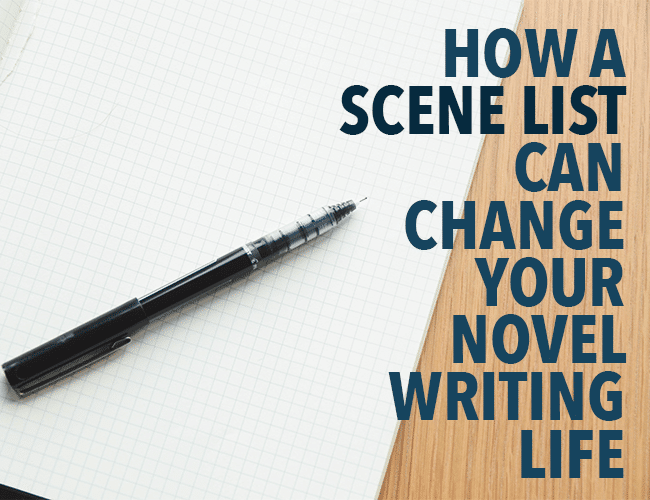
by Monica M. Clark |
By the end of this post you will be using an excel spreadsheet.
Don’t make that face—I know you’re a writer and not a data analyst. Or if you are a data analyst—I understand that you’re on this blog to get away from you day job. I get it. But guess what? At the suggestion of Randy Ingermason—the creator of the Snowflake Method— I listed all of the scenes in my novel in a nice little Google spreadsheet. It changed my novel-writing life, and doing the same will change yours too.
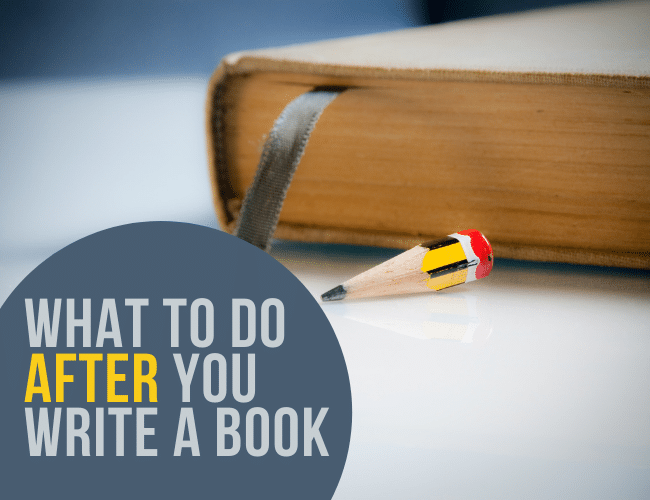
by Joe Bunting |
You worked hard. You stayed up late, got up early, pushed through writer’s block, and finally, at long last, finished writing your book.
But after you write your book, what comes next?
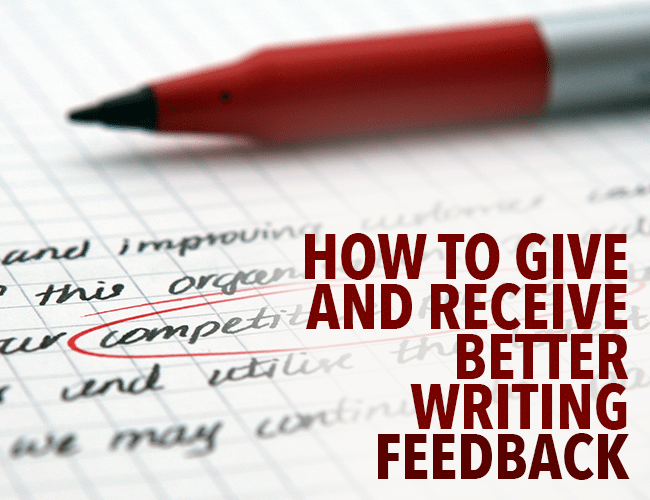
by Sue Weems |
A little over ten years ago, I had almost a decade of English teaching experience, a couple years paid freelance writing work, several creative writing university courses under my belt, and a few small publications in poetry and nonfiction. A friend’s mom, Mae, had written a query letter for her second novel. She asked me to read it and give her some writing feedback. What could go wrong?
When Mae asked, I had not attempted to write an entire novel or a query letter. I had read thousands of novels and a few letters, but I had not studied the structure and requirements of each. I assumed writing was writing. Surely with a degree in English and a little experience, I was qualified to give good feedback?
Nope. Not even close.
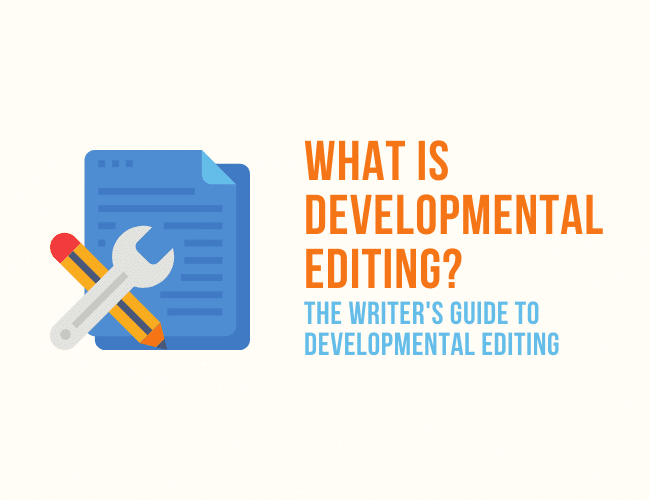
by Alice Sudlow |
You’ve written a book. Congratulations! But wait . . . now what? What do you do with your manuscript? How do you turn it from a rough draft into a publishable book? The next step is to get professional developmental editing. A developmental editor will help you take your rough, unpolished ideas and turn them into an amazing second draft.
If you’re new to the world of editing, though, the term “developmental editing” might sound a little confusing. What is developmental editing? What makes it different from other kinds of editing, like line editing, copy editing, or proofreading?
Here’s everything you need to know about developmental editing, including how to find the best editor for your book.
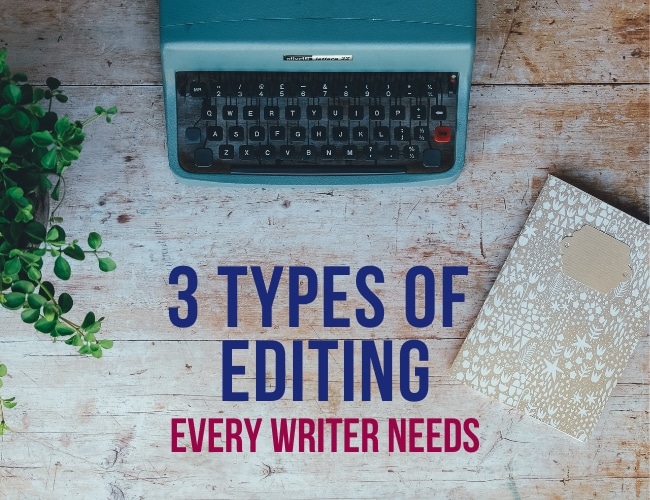
by Sue Weems |
A few months ago, I posted an article about avoiding clichés here on The Write Practice. The (bland) title I proposed was “How to Avoid Clichés.” The published title read: “How to Avoid Clichés (Like the Plague).” I grinned when I read it and said another thank you to a quiet hero of the publishing world: our editor.
She amped up the title with a clever twist that sounded just like me with my penchant for parentheses. Editors are invisible heroes in the publishing world, and knowing what they do can help you through every stage of your journey.
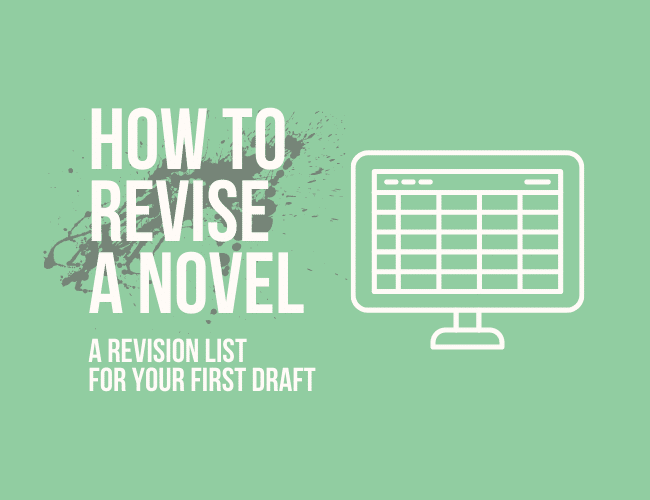
by J. D. Edwin |
Finishing a first draft is a huge deal. If you just accomplished this, be proud of yourself! At the same time, you might be wondering how to revise a novel after that first draft is done. There’s a lot of advice out there. Which do you listen to?
The revision process doesn’t have to be complicated. However, you might feel—especially if this is your first completed draft ever—intimidated to edit your book. There’s a lot of words and scenes to review. Where do you begin?
In this article, I’d like to share how I took a daunting editing process and created a simplified, concise, and clear strategy to revising your first draft. I do this with what I call a Revision List—a table with five columns that can help you simplify big ideas.
If you’re like me, you won’t ever want to edit a first draft without it!








